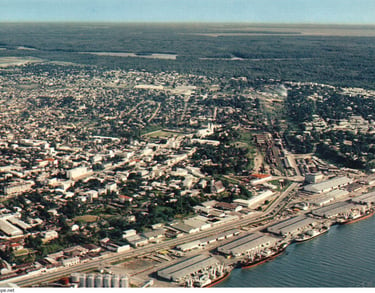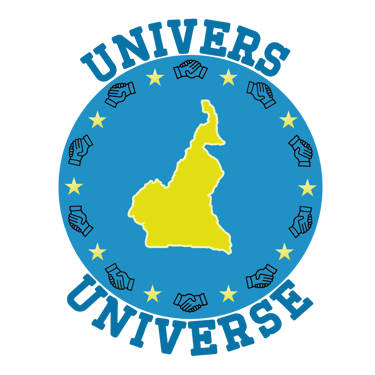Chapter 6 – On the Territorial Planning Policy


Territorial planning refers to the full range of policies implemented to shape or influence the development of a country’s space, based on political choices and the prevailing context. As part of the reconstruction of Cameroon, territorial planning must be considered both at a general level and specifically in terms of urban development.
Theme 1 – General Territorial Planning
Cameroon spans a surface area of 475,442 km², but less than 10% of this space is currently inhabited. Vast areas of land remain underutilized. A sound national planning strategy should aim to make use of these territories, for example through agro-pastoral development projects. By doing so, we would populate these wide stretches of land—especially in the Adamawa, North, and East regions—and new villages or even cities would emerge around the new development hubs.
The appeal of these new economic centers would help relieve overcrowding in the major cities, particularly Yaoundé and Douala. The UNIVERS Party will propose to the Cameroonian people that any new industrial enterprise be required to establish itself in a region where there is not yet a similar business. In all cases, new industrial companies will be strongly discouraged from setting up in or near urban centers.
Attractive tax policies and additional incentives will be offered to encourage existing businesses to relocate from the main cities to underdeveloped zones. These business relocation initiatives will be paired with infrastructure development plans—specifically for transportation including roadways, railways, and airways. Each regional capital will need to have an airport or airstrip. All regional capitals—or capitals of federated states—must be connected by highways and rail lines. Every newly created industrial zone must be accessible via a national road.
Theme 2 – Urban Planning Specifically
Nearly all Cameroonian cities were originally built during the colonial era, structured to serve the needs of colonial powers. After independence, these cities were never reimagined or rebuilt to reflect the actual needs of Cameroonians. Colonial-era administrative and commercial centers simply expanded chaotically as more people moved in, seeking housing—most of it occurring without any proper urban planning.
The UNIVERS Party will advocate for large-scale demolition campaigns in all cities that were developed without a clear urban plan. Cities like Yaoundé and Douala now sprawl over more than 50 kilometers, yet they lack proper roads and transport infrastructure.
We will need to demolish buildings that obstruct circulation, and we will need to widen existing roads. The plan includes creating within cities: urban highways, boulevards, avenues, streets, alleyways, bridges, interchanges...
Every large existing city, and every new city to be developed, must be crossed by an urban highway running from east to west and from north to south, with the option of an outer ring road.
In a well-planned city, every living space must be easily accessible. Every building—whether it serves as a home, a workplace, or a public service—must open onto at least one public road. This will require demolishing many existing buildings in order to open up streets and provide access to every area of life.
